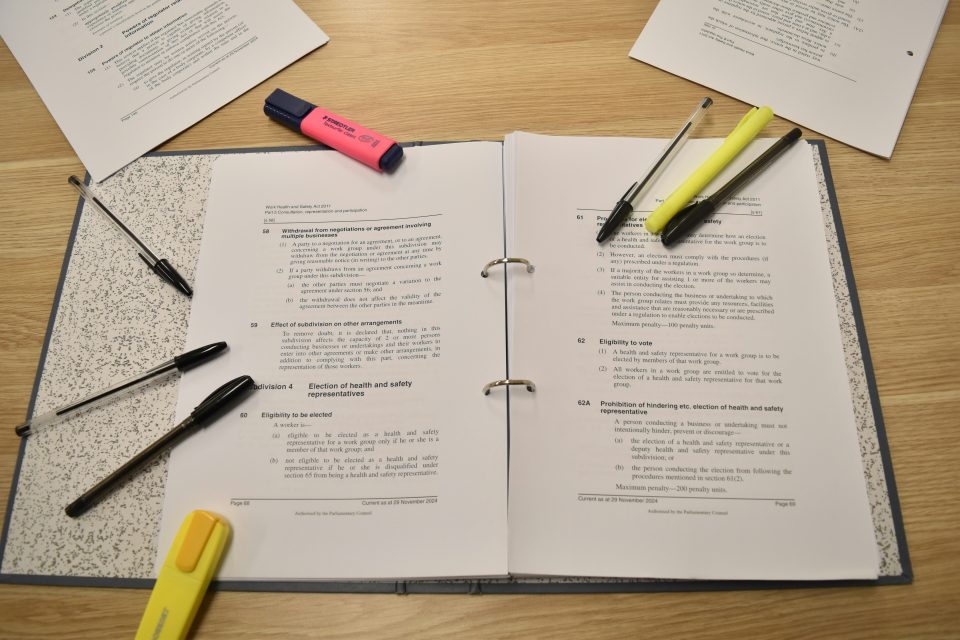
Can partnering with specialists really work for your agency?
July 30, 2024
Can AI do copywriting? (And would you want it to?)
November 22, 2024Why does our education system teach children to write in such an unnecessarily complex way?
“Just use as many long and complicated words as you can.”
This was the answer our eldest August, age 17, gave to their younger brother Alex, 15, as we discussed how to do well in an English GCSE exam.
August got 9s for their English GCSEs in 2023 and is doing A-level English, so can speak with confidence about what’s needed to get a good grade. But my heart sank. Because that’s the opposite of what I have learned about great quality writing over a 23-year career doing it.
As a former school governor, I have also seen this fixation with complexity, formal structure and other technicalities of English that our children are forced to absorb. (To be clear, it’s the curriculum that forces it, not the schools themselves). But for what purpose? Why does our education system teach children and young people to write in such an unnecessarily complex way?
The university system builds on this foundation. Ironically, given I’ve made a career of writing, I took extra modules with exams in my final year at university to avoid writing a dissertation. I didn’t think I could write 10,000 words on anything.
But if I had to write that much, you bet I’d create long and complex sentences with lots more words than strictly necessary so I could get to the word count.
What this does is create a system where people like me and you have to teach people in the early part of their careers how to write again. And they are the lucky ones.
Others sign up to professional development courses to try to write better, like The Economist’s Business Writing and Storytelling course which I’m an assessor for. I mark work from people at various stages of their career from all over the world. The biggest feedback I give is that they will be better able to get their message across if they simplify their language. Participants work through a week’s worth of activities on just this topic, so I’m not a lone voice.
WHERE’S THE EVIDENCE?
It’s not just my opinion that simpler is better. Researcher Daniel Oppenheimer proved that people believe a writer to be 17% more intelligent if they choose simpler words. He won the Nobel Prize for Literature with his paper: Consequences of Erudite Vernacular Utilized Irrespective of Necessity: Problems with Using Long Words Needlessly.
And it’s a truism that if you can’t explain something simply, you don’t understand it properly.
WHAT’S THE PROBLEM?
With an average reading age of between seven and nine in the UK, it’s important that we professional communicators can get our message across simply. Of course, not every audience will fit that profile, it is an average after all, but we need to be able to get our point across clearly to anyone. (If you want to check your own writing to see what reading age it is, run something through Hemingway App. I added this article and it was given a reading age of 14, which is fine by me as we’re a professional audience.)
But if all the young people coming out of our education system are taught to write in a way that doesn’t apply in the real world, we’re going to be helping people unlearn how to write for a really long time. That’s not useful when you run a busy agency or need someone to hit the ground running in your comms team.
THE REMEDY
There are many more issues with the UK school curriculum and I’m not suggesting I have the answer to all of them. But we could help our young people by teaching them one key thing. It’s something that as professional comms people we have hammered into us – identifying and writing for an audience.
I want to help both of my teens write more simply and clearly. But if their audience – the examiner – expects a different formality and complexity of language, then that’s what they have to do to succeed.
Alex is at a university technical college (UTC). This kind of school is a relatively new concept, built around the skills needs of employers in the area. So there’s a huge focus on employability.
At Alex’s school (which has a Stem specialism), this means lots of contact with employers, working on live projects, but also contextualising learning by applying it to the workplace.
Does a future boss want complex language and sentences as long as possible if you’re sending an email to secure agreement on a project? Or will short, simple and clear be better? If we teach our young people to identify the audience and to flex their style to meet that audience’s needs, wouldn’t that be a win for everyone?
I’m pretty sure colleagues don’t want us to use as many long and complicated words as we can, so why do we teach kids that’s what they should do?
*This article writter by Louise Turner was originally published on influenceonline.co.uk



